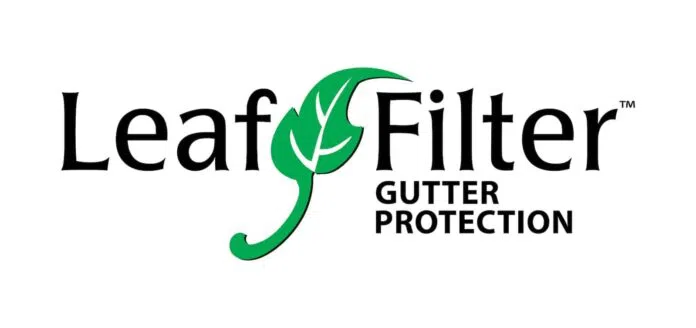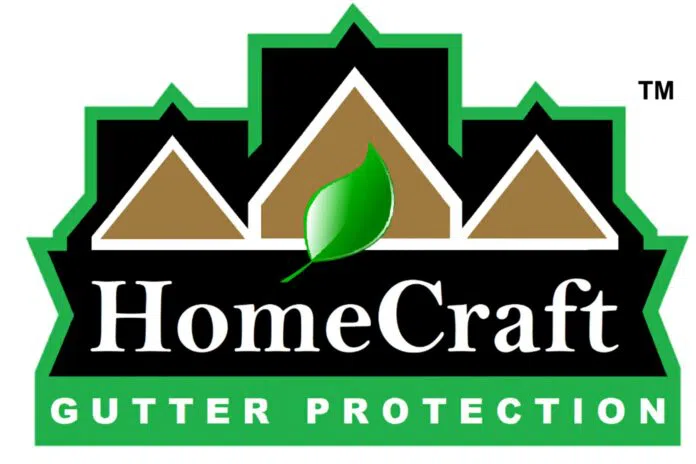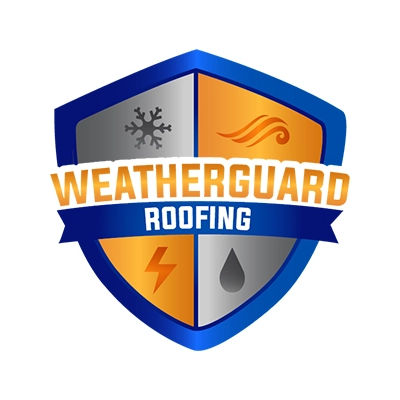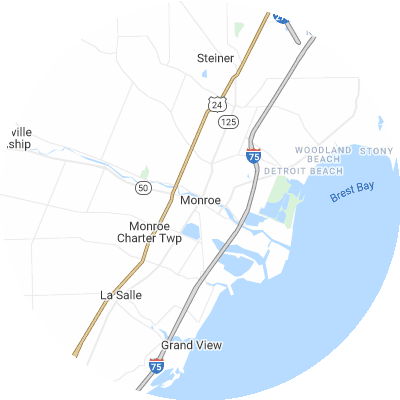Signs You May Need Gutter Guards
Gutter guards aren’t always needed, but the signs of blocked and overflowing gutters are clear. Here are some signals of chronic gutter issues:
- Leaky joints or seams where water leaks out of gutters
- Visibly saggy, damaged, or misaligned gutters that no longer direct rainwater correctly
- Mold growth, interior wall stains, or peeling exterior paint on walls near gutters.
- Frequent clogs that lead to overflow and water spilling over gutters
- Soggy ground or visible erosion around your foundation
How To Choose a Gutter Guard Installer
Assess Their Experience
The right installation company will have ample experience, including many years in business and experience with several brands and models. Companies with experience can properly take measurements and install gutter guards to meet your distinct needs. Inquire about how long a company has been doing installations and request referrals from nearby customers.
Verify Proper Licensing and Insurance
Always confirm professional gutter guard installers are properly licensed, bonded, and have general liability insurance and workers compensation. This protects you from liability for any accidents or injuries that might happen. Ask to see current licensing and insurance papers when speaking to potential providers.
Choose Reputable Brands
Look for companies that offer highly reputable gutter guard brands like Gutter Helmet and LeafFilter. Avoid companies that offer only generic no-name guards or their own off-brands, which may not have gone through the same level of rigorous testing.
Seek Custom Fit Services
For optimal performance, gutter guards need to be measured and trimmed on-site to match your unique gutter setup. Pick a company that custom measures and trims guards specifically for your home, rather than using universal guards. Correctly fitted guards will leave no gaps for debris to get stuck.
Examine Warranties
Leading gutter guard companies usually provide 20-year or lifetime warranties that cover leaks, clogs, rust, and other defects. Before selecting a provider, read over its warranty terms on workmanship and materials guarantees. Warranties are the most effective way to protect your gutter investment.
Check Reviews and Referrals
Take some time to research online reviews on sites like Yelp, Google Reviews, or the Better Business Bureau (BBB) to see what customers say about their experience. You can also ask neighbors to suggest quality gutter guard businesses near you. When researching potential providers, you should choose companies with consistently good reviews rather than just one or two reviews.
Types of Gutter Guards
The six primary types of gutter guards are as follows:
- Foam guards are lightweight and easy to install. This type of guard catches debris on the foam and keeps it out of your gutter. On average, you can expect to spend $2.46 per linear foot for foam guards.
- Brush guards are just what they sound like: large brush bristles that sit in your gutters to let water through while blocking debris. On average, you can expect to pay $4.05 per linear foot for brush guards.
- Screen guards have large holes that allow water through while keeping debris out. On average, you can expect to pay $4.40 per linear foot for screen guards.
- Mesh guards stop debris but allow water to flow through. Mesh guards have even smaller holes than screen guards. They're durable and allow debris to slide off as opposed to sitting on top of the gutters. On average, you can expect to spend $4.14 per linear foot for mesh guards.
- Micro-mesh guards are normally the most effective. They have smaller holes than regular mesh guards and allow even less debris through. Micro-mesh guards cost around $5.22 per linear foot.
- Surface tension guards, also called reverse curve guards, use surface tension to allow water to flow into your gutters while debris slides off. Normally, they will be visible from the ground. Surface tension guards cost roughly $3.23 per linear foot.












